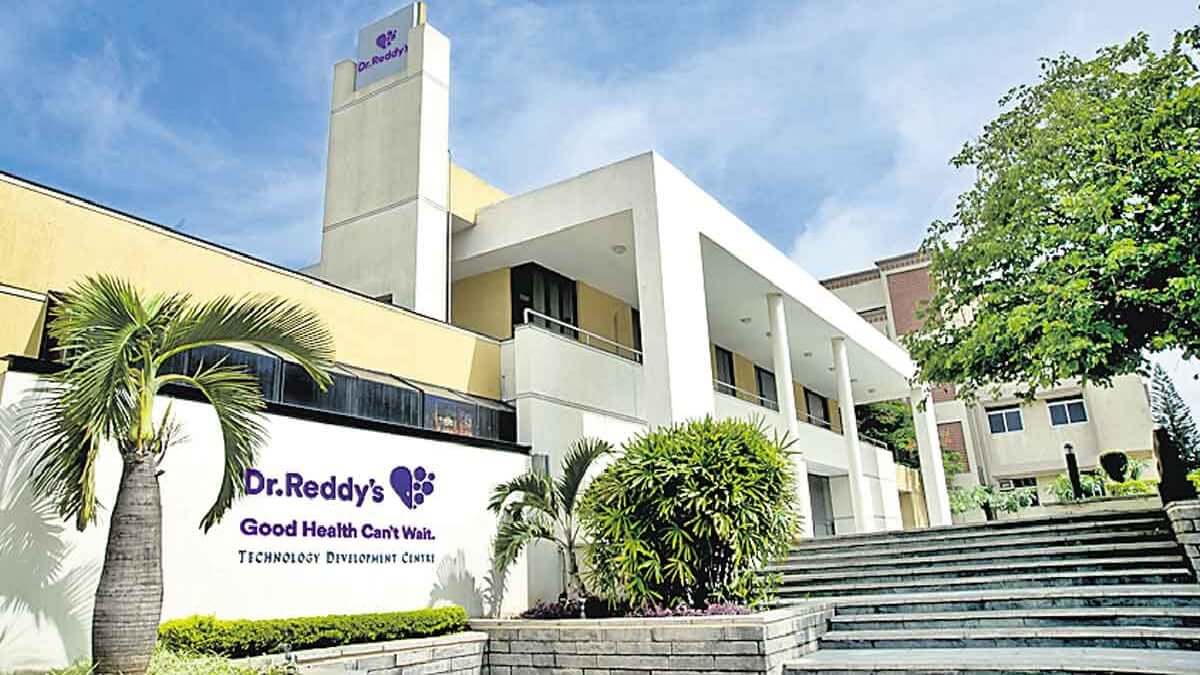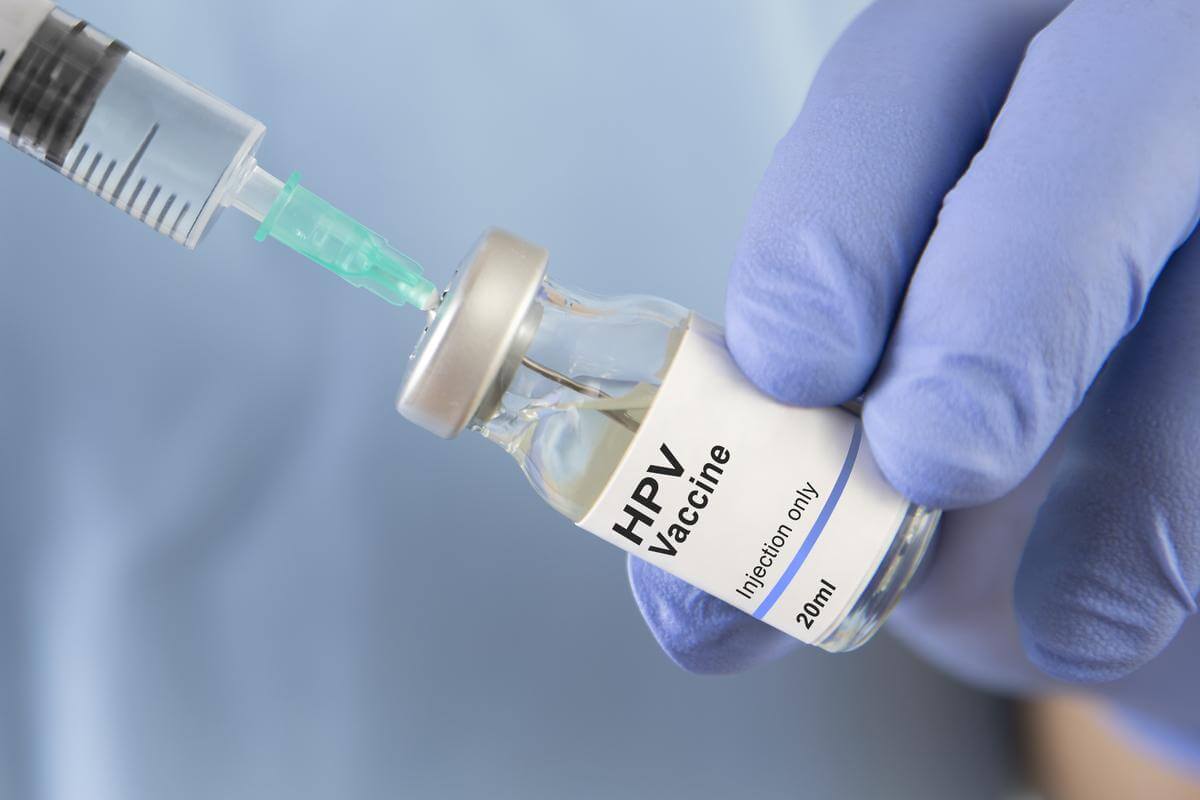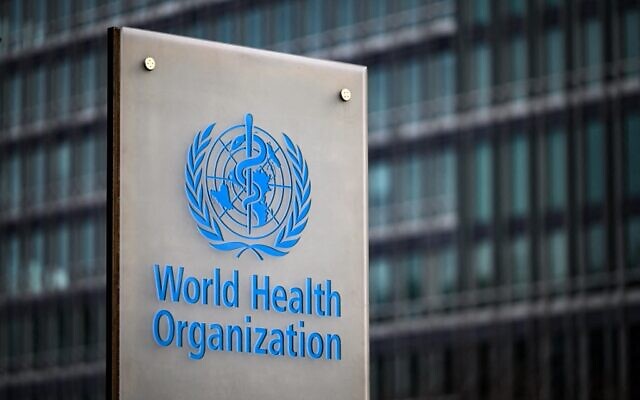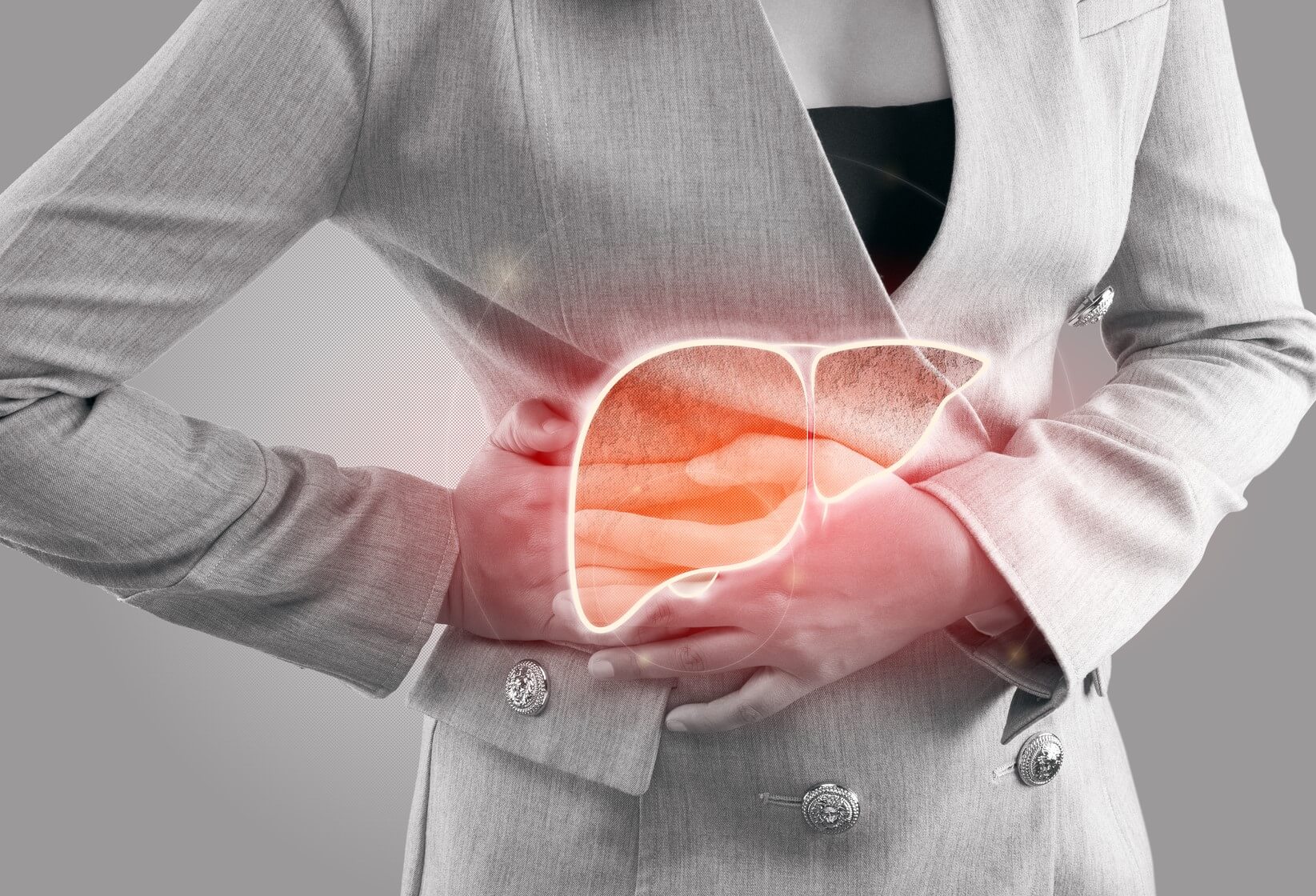Mediterranean diet can reduce frailty in old age: Study
Tue 18 Feb 2020, 17:22:33

London: Researchers have found that eating a Mediterranean diet for a year could help keep the mind sharp and reduce frailty in old age.
The study, published in the journal ‘Gut’, showed that following a Mediterranean diet boosts the types of gut bacteria linked to ‘healthy’ ageing, while reducing those associated with harmful inflammation in older people.
As ageing is associated with deteriorating bodily functions and increasing inflammation, both of which herald the onset of frailty, this diet might act on gut bacteria in such a way as to help curb the advance of physical frailty and cognitive decline in older age, the researchers suggested.
“Older people may have dental problems and/or difficulty swallowing, so it may be impractical for them to eat a Mediterranean diet,” they added. But the beneficial bacteria implicated in healthy ageing found in this study might yet prove useful therapeutic agents to ward off frailty, said the study researchers led by University College Cork in Ireland.
For the study, the research team involved 612 people aged between 65 to 79 years, before and after 12 months of either eating their usual diet or a Mediterranean diet rich in fruits, vegetables, nuts, legumes, olive oil and fish and low in red meat and saturated fats, and specially tailored to older people.
The participants, who were either frail, on the verge of frailty, or not frail at the beginning of the study, lived in five different countries: France, Italy, Netherlands, Poland, and
the UK.
the UK.
Previous research suggests that a poor/restrictive diet, which is common among older people, reduces the range and types of bacteria (microbiome) found in the gut and helps to speed up the onset of frailty.
According to the researchers, sticking to the Mediterranean diet for 12 months was associated with beneficial changes to the gut microbiome.
It was associated with stemming the loss of bacterial diversity; an increase in the types of bacteria previously associated with several indicators of reduced frailty, such as walking speed and hand grip strength, and improved brain function, such as memory; and with reduced production of potentially harmful inflammatory chemicals.
More detailed analysis revealed that the microbiome changes were associated with an increase in bacteria known to produce beneficial short-chain fatty acids and a decrease in bacteria involved in producing particular bile acids, overproduction of which are linked to a heightened risk of bowel cancer, insulin resistance, fatty liver and cell damage.
According to the study, the bacteria that proliferated in response to the Mediterranean diet acted as ‘keystone’ species, meaning they were critical for a stable ‘gut ecosystem,’ pushing out those microbes associated with indicators of frailty.
The changes were largely driven by an increase in dietary fibre and associated vitamins and minerals–specifically, C, B6, B9, copper, potassium, iron, manganese, and magnesium, the study said.
No Comments For This Post, Be first to write a Comment.
Most viewed from Health
AIMIM News
Latest Urdu News
Most Viewed
May 26, 2020
Should there be an India-Pakistan cricket match or not?
Latest Videos View All
Like Us
Home
About Us
Advertise With Us
All Polls
Epaper Archives
Privacy Policy
Contact Us
Download Etemaad App
© 2026 Etemaad Daily News, All Rights Reserved.

























.jpg)
.jpg)
.jpg)


